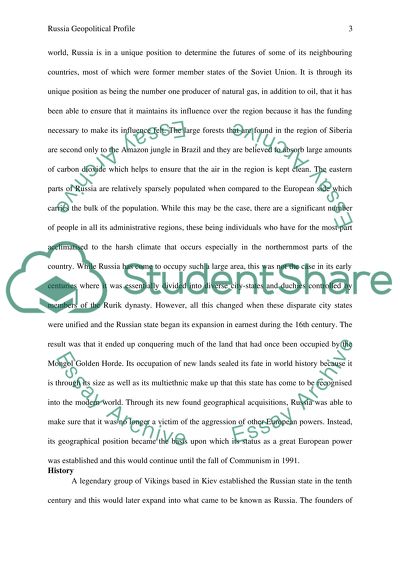Cite this document
(“Geopolitical profile Essay Example | Topics and Well Written Essays - 2250 words”, n.d.)
Retrieved from https://studentshare.org/social-science/1691379-geopolitical-profile
Retrieved from https://studentshare.org/social-science/1691379-geopolitical-profile
(Geopolitical Profile Essay Example | Topics and Well Written Essays - 2250 Words)
https://studentshare.org/social-science/1691379-geopolitical-profile.
https://studentshare.org/social-science/1691379-geopolitical-profile.
“Geopolitical Profile Essay Example | Topics and Well Written Essays - 2250 Words”, n.d. https://studentshare.org/social-science/1691379-geopolitical-profile.


